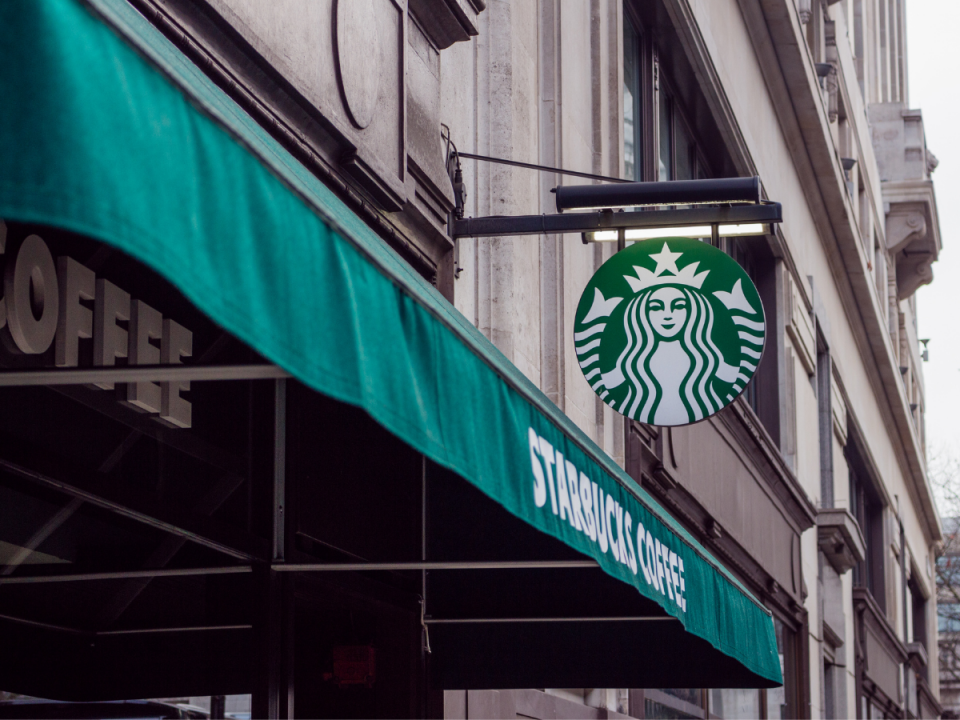Starbucks is often called a “third space,” meaning that its thousands of coffee shops are places where people can hang out beside their homes and places of work. But this week, the chain admitted that just being a third space isn’t enough. In multiple open messages to employees posted on Monday, Starbucks emphasized that an effective third space needs to be “safe, welcoming, and kind.”
It looks like some places aren’t meeting those goals: This week, Starbucks also said that 16 stores will close because of safety concerns. The Wall Street Journal says that by the end of the month, the chain will permanently close six stores in Seattle, six more in the Los Angeles area, two in Portland, Oregon, and one each in Philadelphia and Washington, D.C., mostly because of complaints about drug use and other reported incidents.
After a series of interesting events over the past few years, the stores closed. Back in 2018, Starbucks CEO Howard Schultz, who has since retired and been brought back as interim CEO, tried to make the company more welcoming by making bathrooms open to everyone. But, as Nation’s Restaurant News points out, the chain decided in 2019 to put needle disposal boxes in a few stores after employees said they had been pricked while cleaning. Since the pandemic, people’s behavior has changed to the point where Schultz said last month that it might be time to end the open bathroom policy. On Monday, the company’s interim CEO said that the company would enter a new era of “significant reinvention,” which would include a renewed commitment to store safety across the country. A Starbucks representative told Nation’s Restaurant News that the policy on open bathrooms has not yet been changed.
But at a time when Starbucks is being accused of closing stores to fight unionization, unionized workers have raised questions about how Starbucks chose which stores to close. Less than 2% of Starbucks stores in the U.S. are unionized at the moment, but two of the 16 stores that are going to be closed have unions, and one of the two stores in Portland has also asked to join a union.
Starbucks Workers United, the chain’s national union group, said in an email, “Every decision Starbucks makes must be viewed through the lens of the company’s unprecedented, and virulent union-busting campaign”. “Starbucks claims that they are closing the stores because they are ‘unsafe,’ yet, the closing of the popular college town store in Ithaca, NY, followed a strike over unsafe conditions. Starbucks’ response was not to fix the problem but to punish the workers who had recently unionized.”
It might seem strange to close stores for good because of safety concerns on the same day that the company promises to improve safety across the board. When they were asked for comment, a Starbucks representative told that the company has been working hard to fix these 16 stores, including the unionized ones, for as long as a year.
But accusations on Twitter show that this isn’t true. One post, which was shared by the SB Workers United Seattle Twitter account, seems to show a sign that employees have taped to the door of the closing 505 Union Station location in Seattle. The sign says, “It is not fair that we were not allowed to bargain over our working conditions as Starbucks is federally required to do”. “It is disingenuous for Starbucks to claim they could not provide a safe experience for our workplace when we were routinely denied support offered to other stores with similar concerns… This is not good faith bargaining, this is union busting.”
Starbucks Workers United’s statement to us continued, “After being charged by the federal National Labor Relations Board with hundreds of law violations, including firings, threats, and store closings, the Company’s leaders, Howard Schultz and Mellody Hobson, seem to think they are above the law.” “They will do whatever it takes to break up the union. This is a clear way to punish workers who voted to join a union and scare other workers away from joining.”
Starbucks told me that store employees complained about unsafe conditions at the 505 Union Station location, which suggests that the workers themselves made the decision. In an email statement, the spokesperson also said, “Union-busting claims are not true. As a normal part of our business, we open and close stores all the time. We pay the same attention to safety in both unionized and non-union stores, and we’re closing non-union stores where it’s hard to make sure our customers and partners are safe.”
Overall, the news this week shows that Starbucks is serious about putting a new plan for the brand into action. Still to be decided is how union members will be brought along for the ride.
